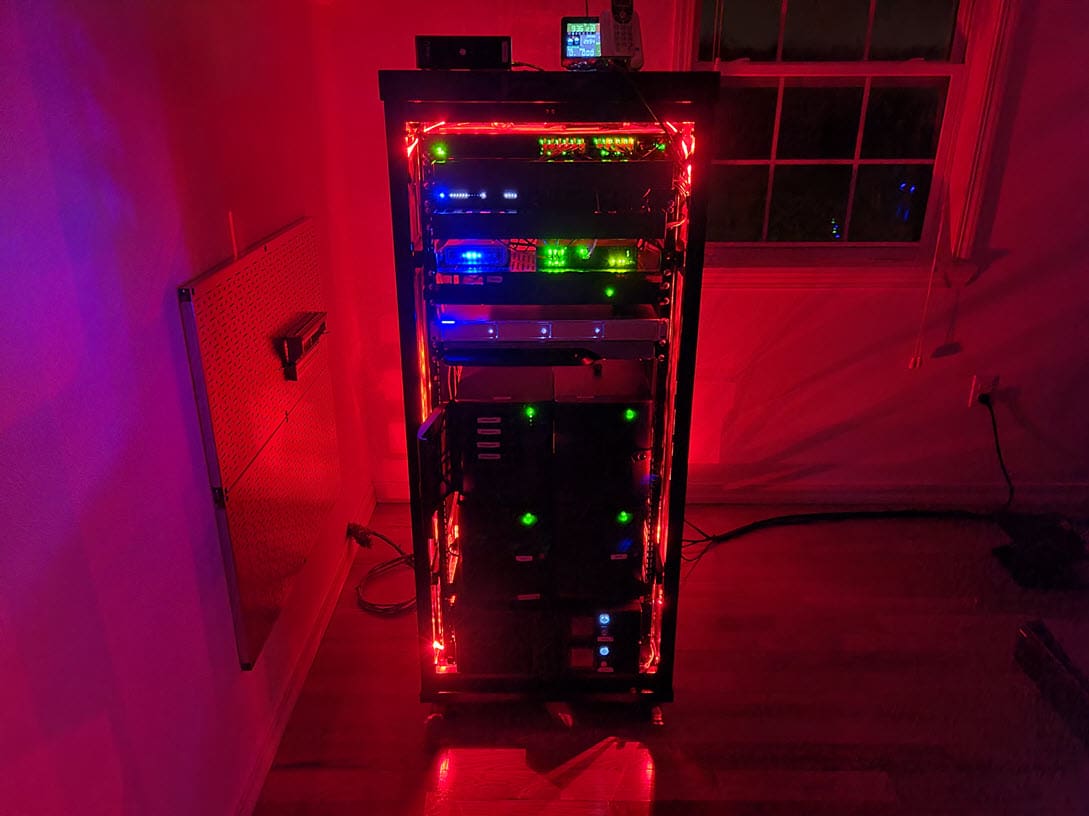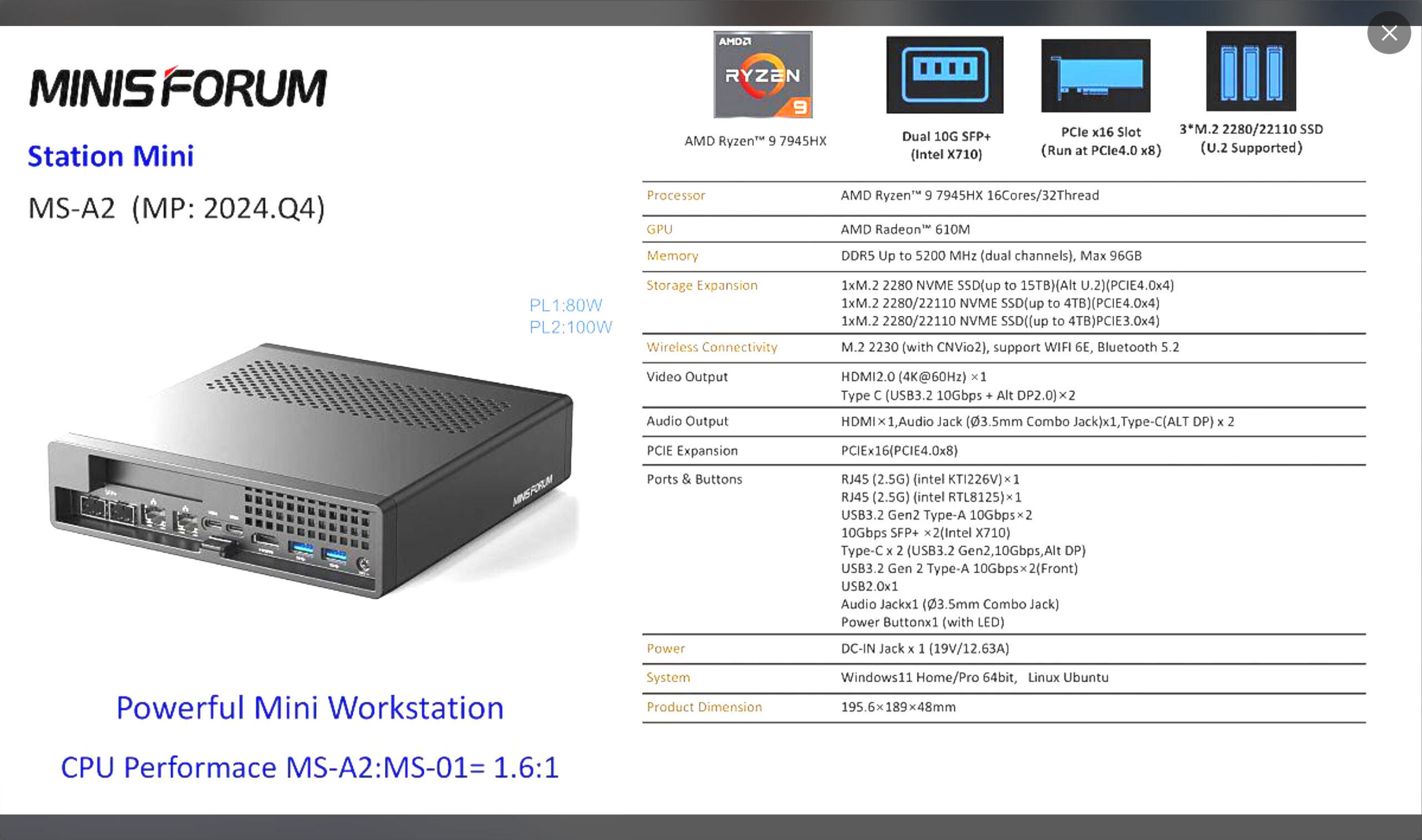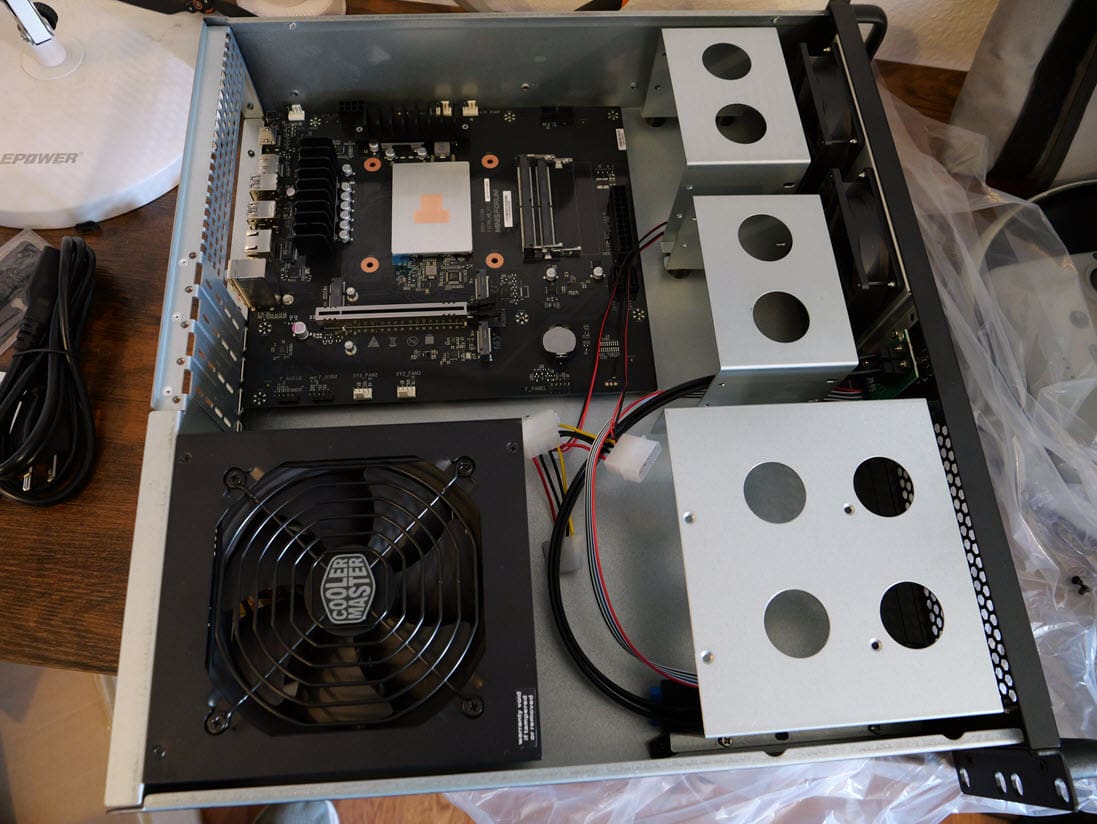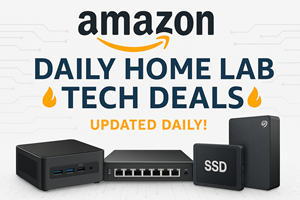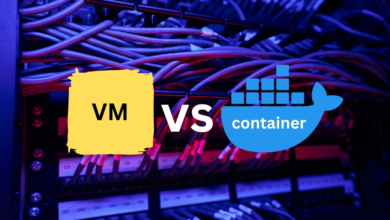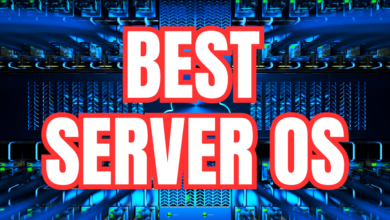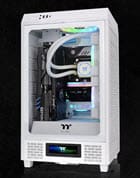Should You Build or Buy a Home Server in 2025?
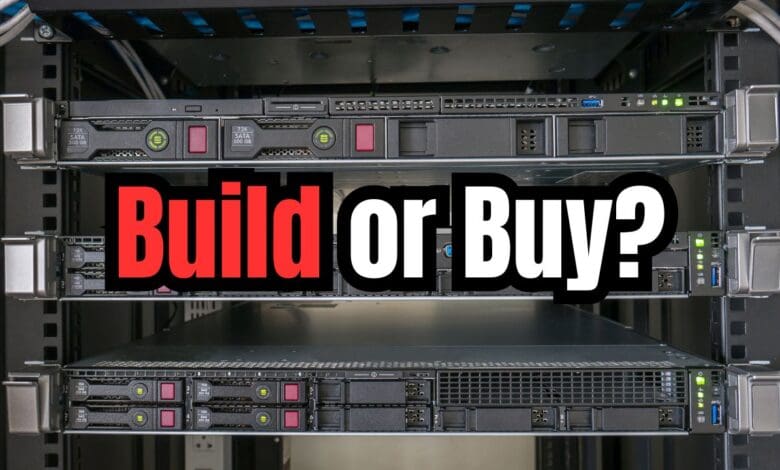
There are za lot of reasons to either build or buy a home server in 2025. In this post, I want to discuss the options, the pros and cons, and also which approach you might want to choose depending on your technical knowledge of putting together computers, budget, and long-term plans. I have used both approaches in my home lab as of recently, with both commodity mini PCs off the shelf and a recent Proxmox home server build for 2025.
Table of contents
What is a home server?
First off, what is a home server? Aren’t servers supposed to be in a data center? Well, yes and no. Most may think of a server class machine sitting in a server rack at a data center somewhere. However, one of the most fun and interesting hobbies you can get into is self-hosting your applications. It is actually very liberating to have total control over your data and applications.
A home server can be something as small as a Raspberry Pi device all the way up to refurbished enterprise grade server hardware that you may purchase on EBay. However, a really great sweet spot with home server devices is using something like mini PCs or building your own machine with a modern laptop equivalent CPU and memory.
Why build a home server?
So, why build a home server? Like building a gaming computer or workstation if you have done this in the past, building your own home server gives you options and allows you to customize the hardware internals to suit your needs instead of trying to find something in off the shelf hardware, which honestly is very hard to do. Usually I will find something I don’t like about each configuration, even if it is something small.
If you decide to build, this can result in better performance overall and lower cost for that performance compared to buying a pre-built option. However, it does require more time and effort to research, assemble, and troubleshoot components if you have issues after putting a build together.
Pros of Building a Home Server
- Being able to customize is the biggest advantage. You choose every component, from the CPU and RAM to storage and networking.
- Being able to upgrade with a build is much easier – you’re not locked into specific hardware that is proprietary. You can also more easily swap out parts if you want or make upgrades
- You can get more performance for the same amount of money since there is a premium when a manufacturer assembles everything for you
- Putting a server together is part of the learning experience and helps you improve troubleshooting skills and understanding of hardware configurations.
Cons of Building a Home Server
- Much more time is involved to research parts, ensure compatibility, and assemble everything yourself.
- It requires a certain amount of technical knowledge especially for troubleshooting hardware and BIOS settings
- You will have to deal with multiple manufacturers for warranty and support if you have issues instead of a single support contact since you are essentially putting a bunch of different manufacturers parts together
Buying a Pre-Built Home Server
Buying a pre-built home server is often the desired route for many since today’s mini PCs often make a great mini home server to play around with virtual machines, containers, kubernetes, and many other technologies.
Buying a pre-built server means that you unbox it, plug in the power, and hook it into your network. Then you simply load what you want to load on it. It takes all the hassle of researching components and hardware and makes this part a moot point. Buying your own home server often comes at a higher cost than building your own and it may not have the flexibility to upgrade or change components in the future.
The forthcoming Minisforum MS-A2 will be a powerful option for home labbers looking to self-host applications since it will include a uniform 32 thread AMD processor and the networking strengths of the MS-01.
Pros of Buying a Pre-Built Home Server
- The server is ready to use right out of the box and this can be a huge time saver
- Manufacturer support means you have a single point of contact for troubleshooting and warranty issues if problems arise
- Pre-built servers can potentially be more stable since everything has been fully tested and engineered to work together
Cons of Buying a Pre-Built Home Server
- The ability you have to customize things is definitely limited, especially in the realm of a mini PC
- It may have a much higher price due to assembly, support, and proprietary designs
- Some models may have proprietary parts that may need to use custom power supplies or motherboards. This will make future upgrades more challenging or maybe impossible
My 2025 Proxmox Home Server Build
To better illustrate the benefits of putting together your own home server, I recently built a Proxmox-based system with the following hardware:
- AMD Ryzen 9 7945HX processor with 16 cores and 32 threads for powerful virtualization
- 96GB of DDR5 RAM to handle multiple virtual machines and containers
- NVMe storage for fast data access and performance
- 10GbE networking for high-speed connectivity
My bill of materials:
- Minisforum BD795M – https://amzn.to/3PQXFa8
- RackChoice 2U Micro ATX Compact – https://amzn.to/3CeIW5H
- Cooler Master MWE Gold 850 V2 – https://amzn.to/4aFXhET
- Noctua NH-L9i-17xx, Premium Low-Profile CPU Cooler – https://amzn.to/4hAKIwG
- Crucial 96GB kit of DDR5 SODIMM memory kit – https://amzn.to/40w3ONQ
- Intel X520-DA2 10 GbE network adapter – https://amzn.to/4jv05ZA
- Kingston 240 GB drive for boot – https://amzn.to/4hv6sKG
- Samsung EVO 990 Pro 2TB – https://amzn.to/40OwtiA
So far, I have been running on this setup for a few weeks now and loving it. The server has been extremely stable and has handled everything I have thrown at it so far. To me, one of the best aspects of the build is having the 2U case. This allows me to fit multiple drives, including an Intel Optane U.2 drive that I would not have had room for in a mini PC case, like an MS-01 or the forthcoming MS-A2.
Putting things together myself helped to save on cost and pick components that I wanted to have in the build rather than not have an option on certain things when you purchase a pre-built mini PC for instance. You can read the full build details in my write-up: Proxmox Home Server Build 2025.
Which Option is Right for You?
Choosing between building or buying a home server depends on your priorities.
- Build a home server if you want full control over hardware, enjoy hands-on projects, plan to upgrade in the future, and want the best performance for your budget.
- Buy a pre-built server if you prefer ease of setup, need reliable manufacturer support, don’t want to spend time troubleshooting, and are willing to pay extra for convenience.
Take a look at the full comparison table below:
| Factor | Building a Home Server | Buying a Pre-Built Home Server |
|---|---|---|
| Customization | Full control over hardware selection | Limited to manufacturer configurations |
| Upgradability | Easy to swap and expand components | May use proprietary parts, which makes upgrades more difficult |
| Performance | Optimized for specific needs and you control this | Pre-optimized but may include unnecessary features |
| Cost | Typically more cost-efficient for the same level of performance and hardware | Higher cost due to assembly and support |
| Time Investment | Requires research, assembly, and testing | Ready to use out of the box |
| Technical Knowledge | Requires hardware and troubleshooting skills | Very little technical expertise needed to get started |
| Warranty & Support | Individual component warranties, no unified support | Single warranty and centralized manufacturer support |
| Reliability | Depends on component selection and setup | Tested and optimized by the manufacturer |
| Power Efficiency | Can optimize for efficiency with selected parts | Usually designed for balanced efficiency |
| Learning Experience | Great for hands-on knowledge and troubleshooting | Minimal learning required |
Wrapping up
When it comes to a home server, both buying a pre-built option and building your own have their pros and cons to them. If you really like to have your hands fully in a project, building your own server allows you to customize and tweak every aspect of your home server and it also is a great source of learning. If you just want to hit the ground running with a home server and not worry about putting together the hardware components for the build, a pre-built system is probably the better fit.
However you get into running a home server, these allow you to self-host services, experiment with different technologies and have a really powerful platform to learn virtualization, containerization, etc.


